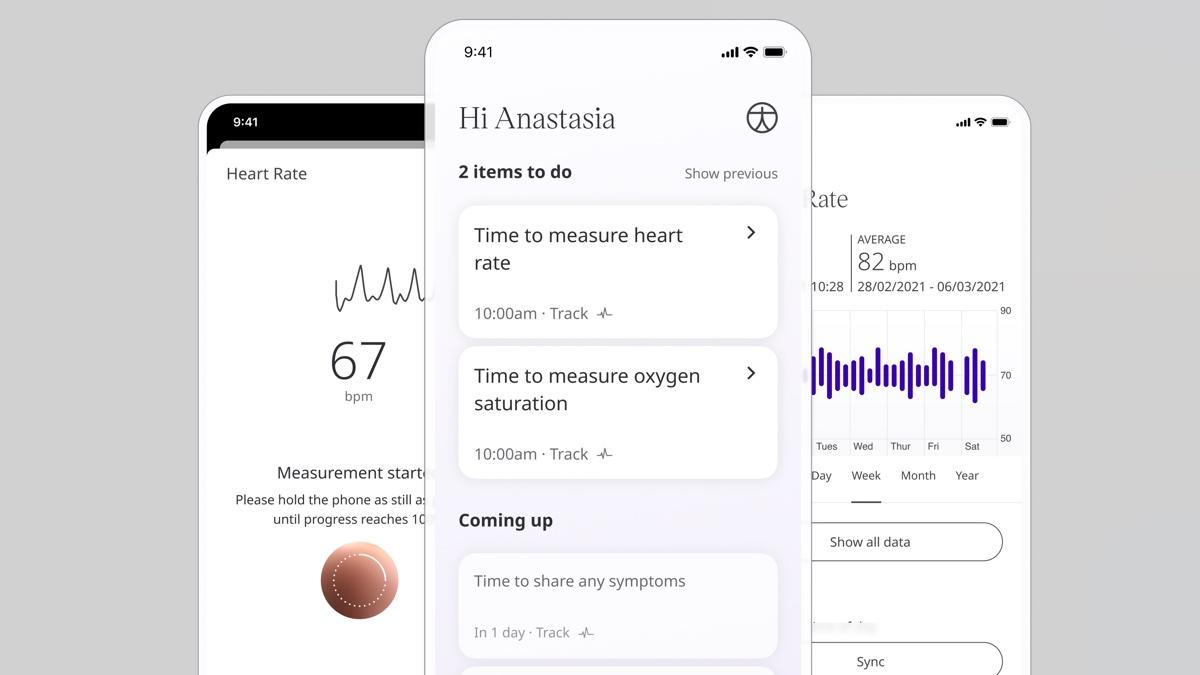EUMDR grants Huma expansive IIb classification

Huma Therapeutics, a digital health company that works with a number of pharma partners including Bayer and AstraZeneca, has received Class IIb certification from the EU Medical Device Regulation (EUMDR) for a disease-agnostic Software as a Medical Device (SaMD).
This is an unusually high-level regulatory classification for a digital health product and will allow Huma to scale to new applications and work with new customers within the EU without needing to seek additional regulatory clearance.
“Because we have had 400+ unique deployments across everything we do, we have lots of publications and evidence for some of those to show that each of these deployments -- although they’re based on one platform, but they're very different in terms of how they are configured -- they're still delivering what they have to deliver from the regulatory perspective,” Huma CEO Dan Vahdat told pharmaphorum. “And we submitted all this evidence, one of the biggest submissions ever to the regulators and regulatory bodies, they accepted that ‘Look, if your platform has worked for so many permutations of it, probably, it would work for every permutation of it.”
Huma offers a suite of digital tools that includes remote patient monitoring, decentralised clinical trials, and companion apps (SaMD). This regulatory clearance deals with that third category.
With the new certification, the platform is approved to be used across the full range of conditions, as well as with all ages of patients. And the platform can leverage a variety of connected monitoring devices including heart rate monitors, blood sugar monitors, and smart inhalers.
Vahdat says he sees this as a “Shopify moment” for digital health.
“The whole idea behind this is ‘What can we do as Huma for the industry?’,” Vahdat said. “Instead of taking two years and 10s of millions of dollars with a high risk of failure for a solutions that someone might build from scratch, you can now do it in a matter of weeks, with very minimal investment and with a lot of confidence, in terms of success. And that means you can do a lot more innovation and innovation usually solves problems. When you enable the ecosystem, can innovate effectively.”
In 2021, Huma and Bayer teamed up to use artificial intelligence to detect lung cancer in CT scans – and determine which type a patient has, in order to direct treatment. The next year, they worked with AstraZeneca, who bought a stake in the company, to launch a series of SaMD companion apps for various diseases, including asthma, chronic obstructive pulmonary disease (COPD) and heart failure, as well as technology for running decentralised clinical trials.
The company has also been quite acquisitive in building its impressive platform – they bought patient engagement software iPLATO Healthcare in January 2022 and digital clinical trials company Alcedis in January 2023.
pharmaphorum caught up with Vahdat and AstraZeneca director of digital health transformation Abby Staible at an event in London last month. Check out the video below.











